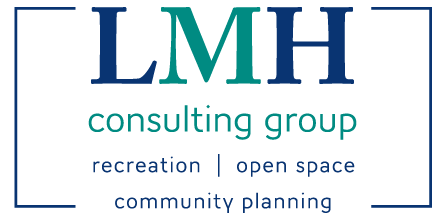Writing & Editing Support Services
- Presentation writing (and rehearsal)
- ‘Time short’/urgent writing support services – urgent reports, submissions, applications
- Grant and submission writing workshops
- Policy and Procedures Writing for Government
- Council Report Writing
- Grant and Submission Writing
- Writing of state and federal government and philanthropic grant applications
- Review of drafted applications
- Writing of project acquittals
- Writing of award nominations
- – Infrastructure, planning and service delivery projects
- – Order of Australia




